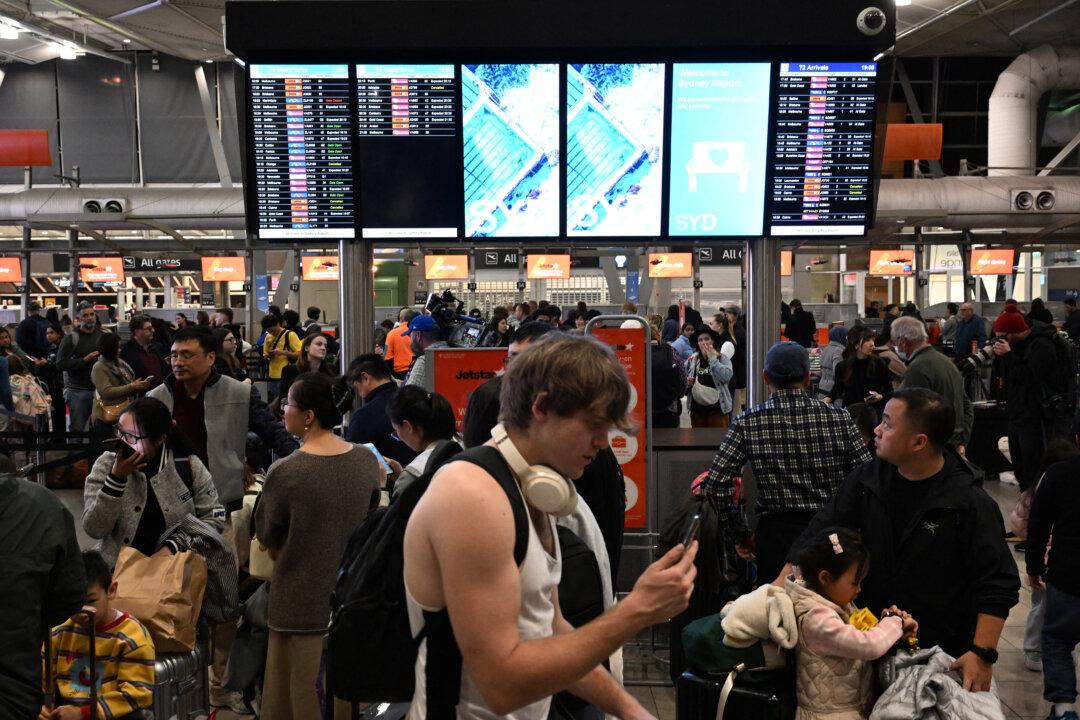Shadow Minister for Infrastructure Senator Bridget McKenzie has criticised the Albanese government’s plan to reform Sydney Airport’s management of takeoffs and landings per hour—known as slots—without public consultation.
“It has taken the collapse of two regional airlines before the Albanese Government decided to act, and even then, Labor were dragged to the table,”





